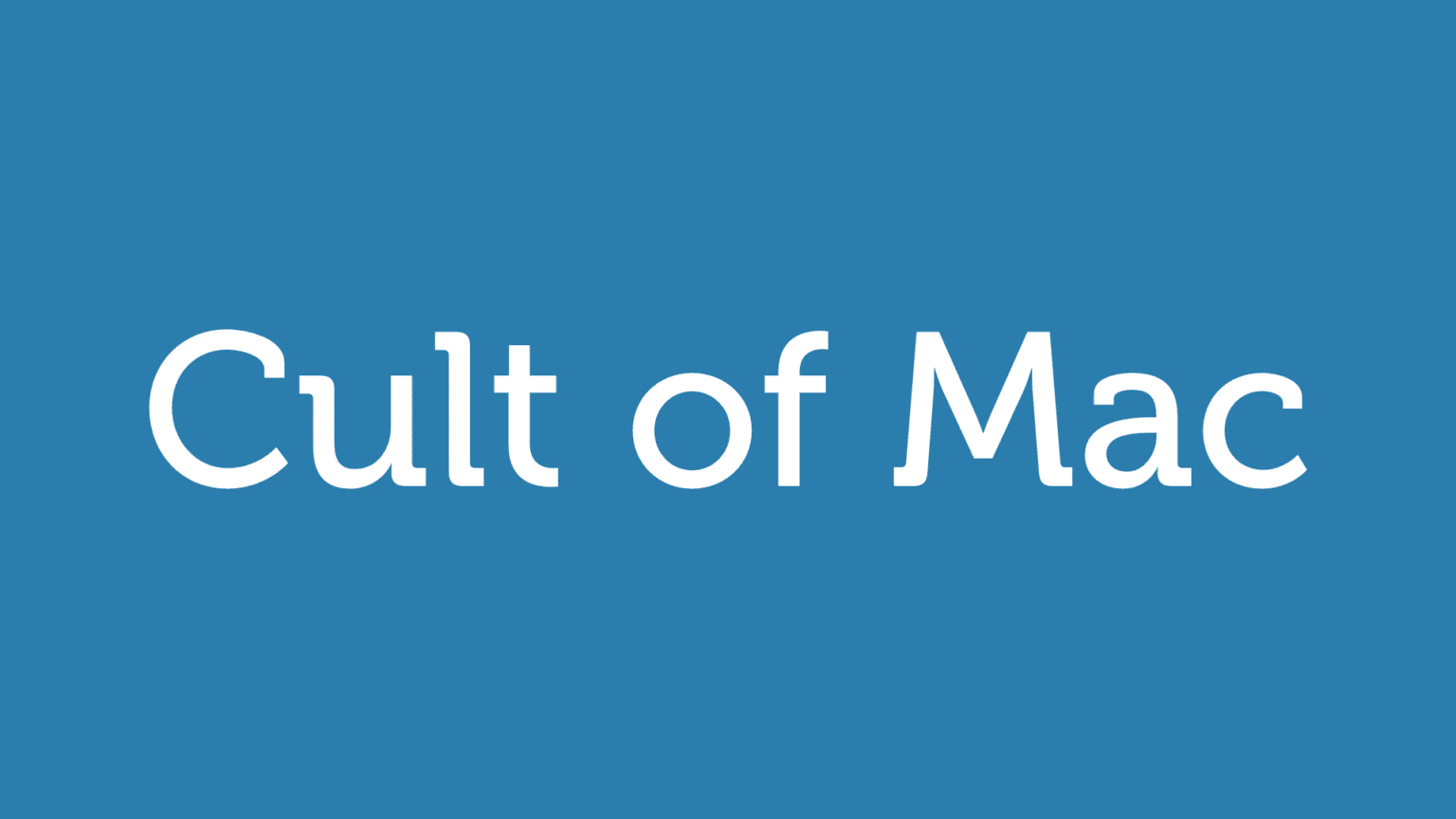Though it’s actually a slightly older commercial, I was struck during the Super Bowl pre-game today by Dell’s ad for the XPS-One, the Austin PC-maker’s all-in-one iMac competitor. The commercial is nothing but 30 seconds of vanilla PC box destruction. Exploding. Getting hit with wrecking balls. And then the (semi) attractive XPS One pops out. The tagline: “Dell – now available in beautiful.” I was so shocked that I rewound it and watched it again. Does Dell hate itself this much?
While Dell, HP, and Gateway’s increasing focus on industrial design (only 15 years after Apple and IBM) has made some serious progress toward getting ugly beige boxes off of the desks of America, it’s disturbing to me how much Dell’s approach to design is an attack on itself. Those weren’t just generic PCs – they represented the former soul of the Dell corporation. And while the former Dell corporation made bland, bottom-feeding PCs, at least the company’s point of view on what a computer should be. Now, its designs evoke where Apple and Sony were about four years ago. Is it not possible to make more attractive computers without trashing yourself?
In this regard, Apple will never be in trouble. With Steve Jobs in charge, the company’s identity is rock solid, as its perspective on what technology should be. Every Apple shareholder is thankful for that.



4 responses to “Dell’s Self-Hating Commercial Reveals Serious Apple Envy”
Que serå serå.
I think it’s actually a pretty good ad. There’s something beautiful about destruction. Plus, considering Dell’s history of computer offerings, isn’t the metaphorical/symbolic destruction of their past exactly what they needed to do?